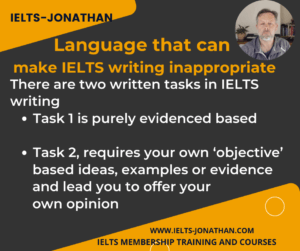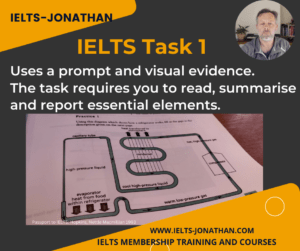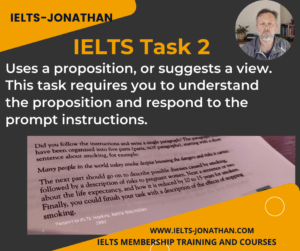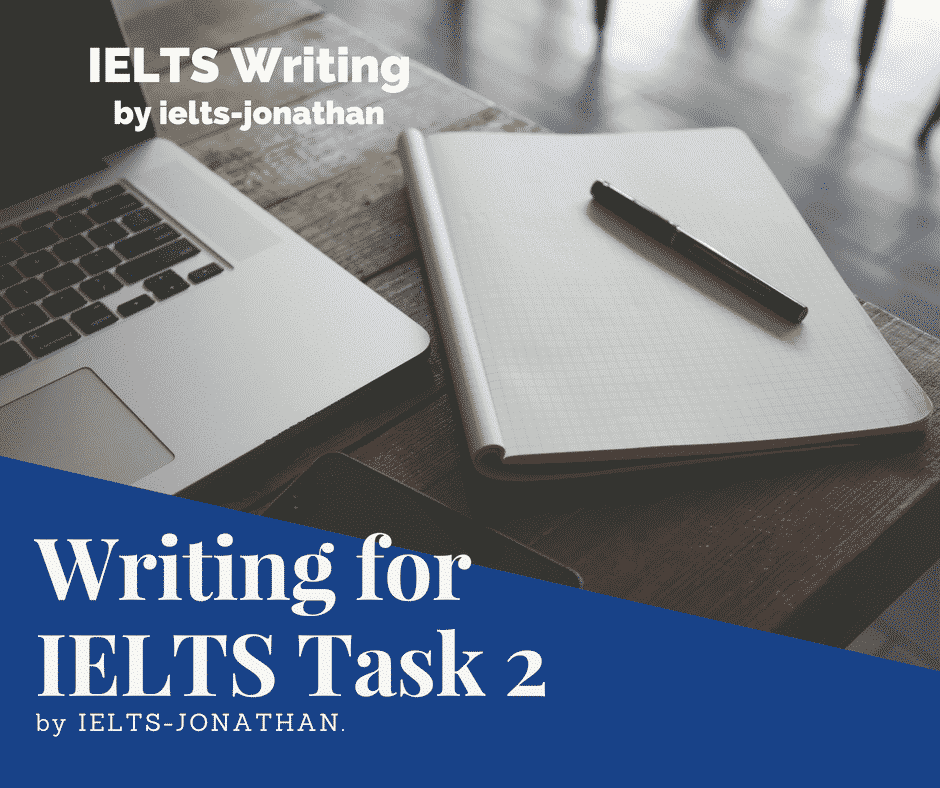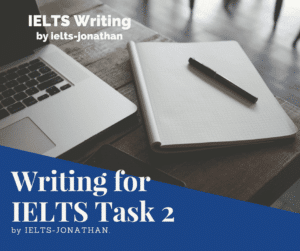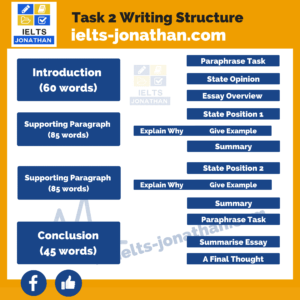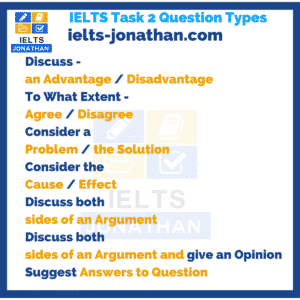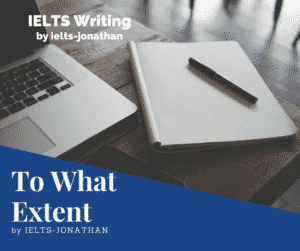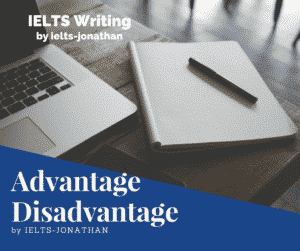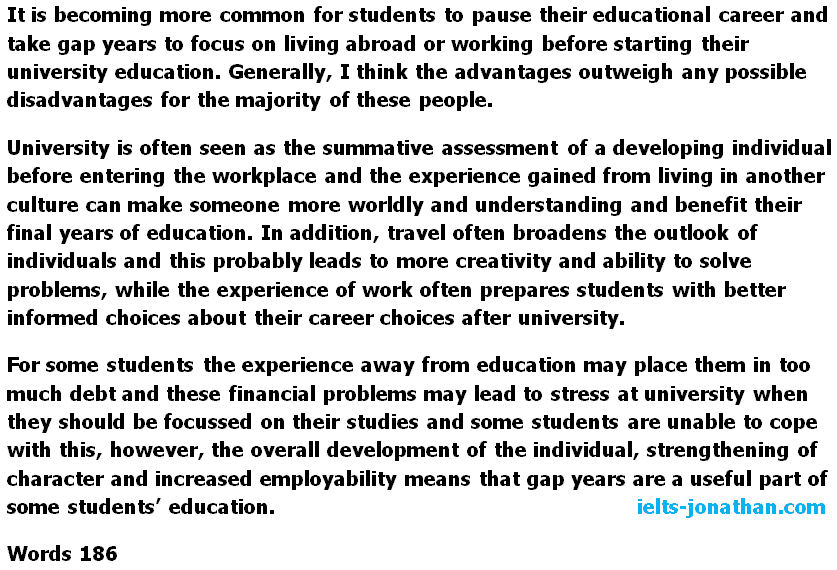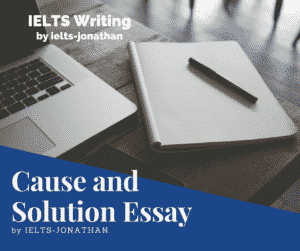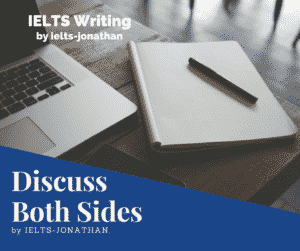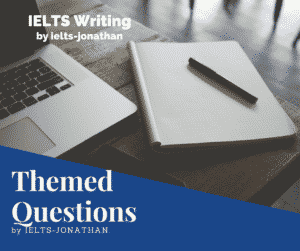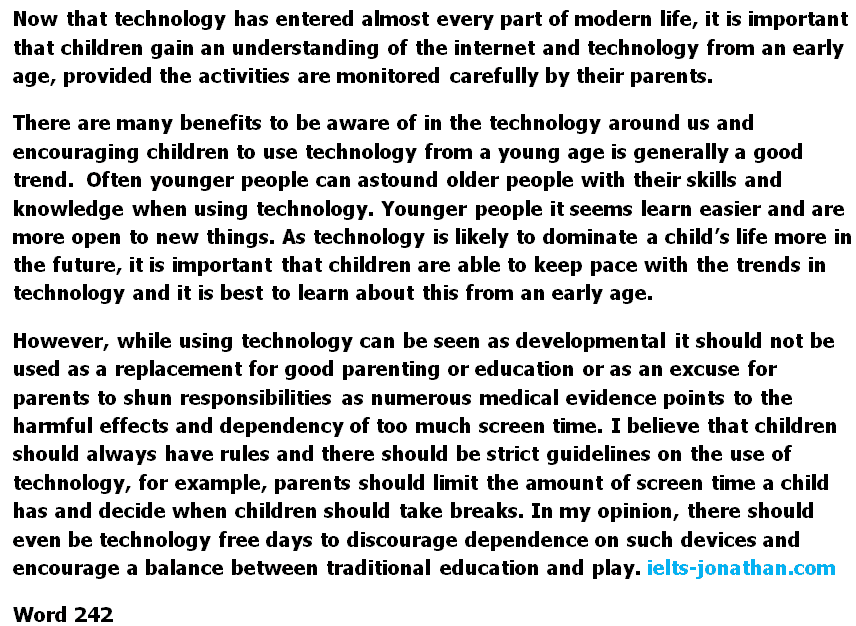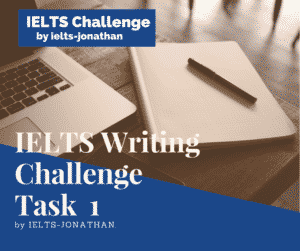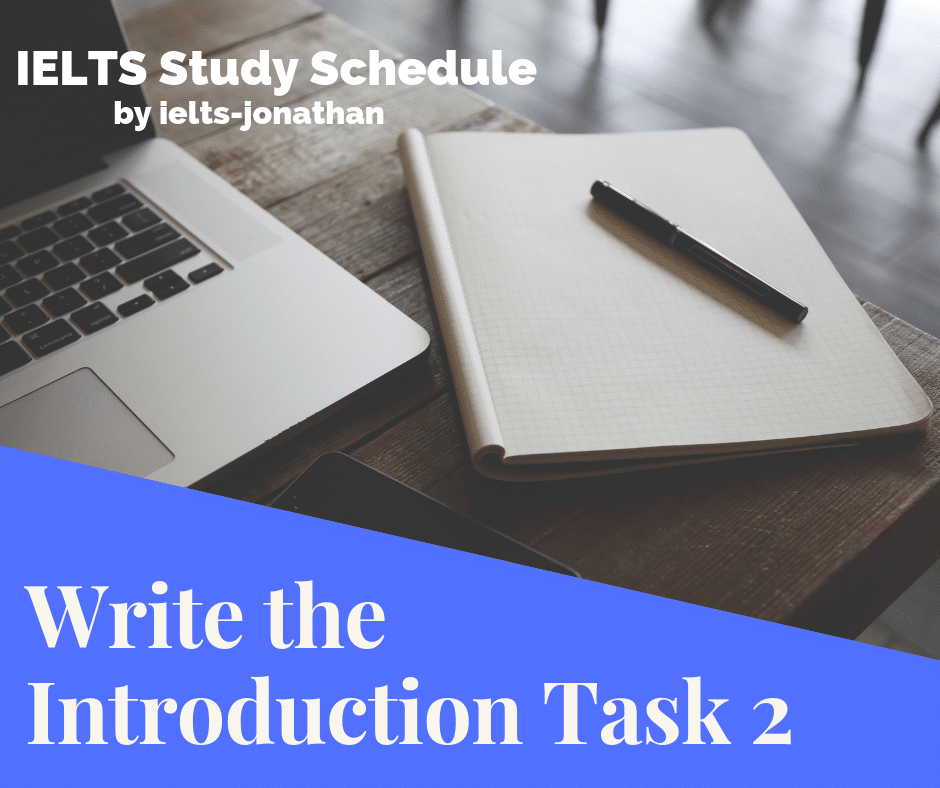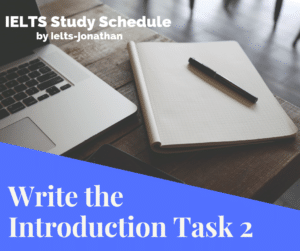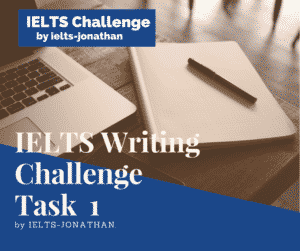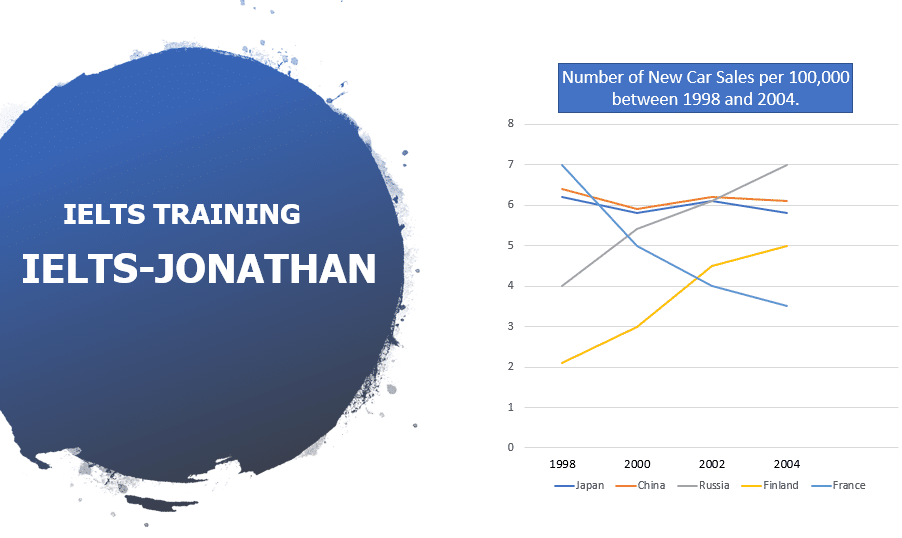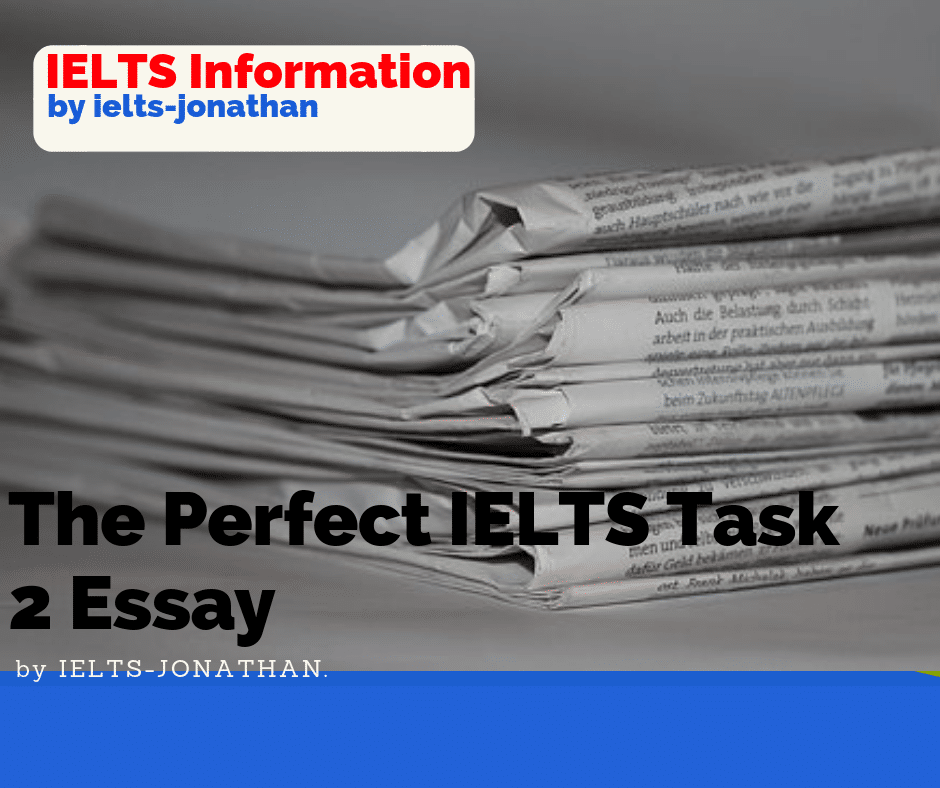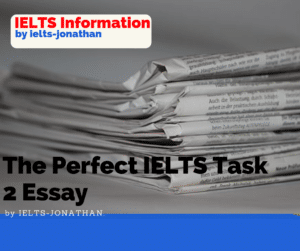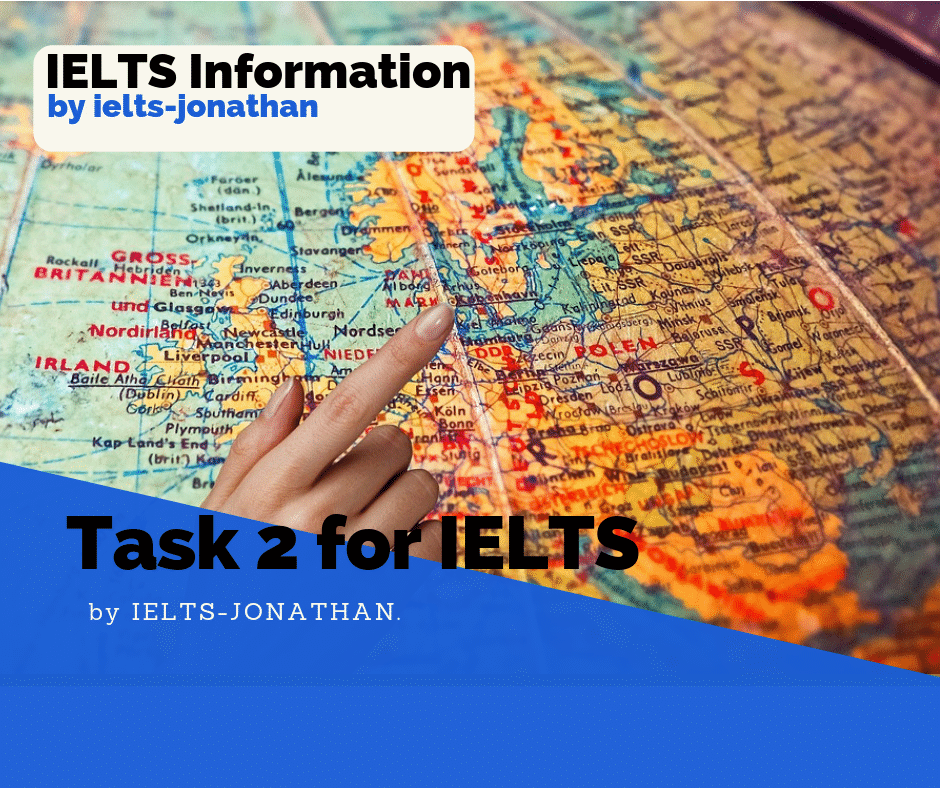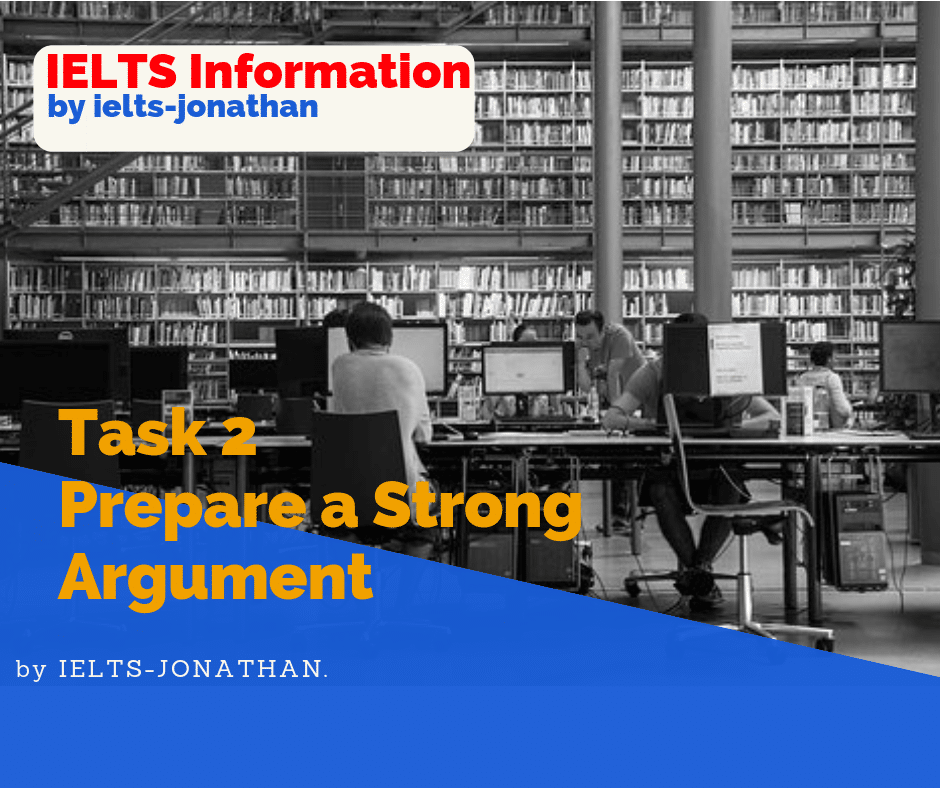What makes IELTS Writing inappropriate – personal pronouns or not?
Many students are told Personal Pronouns should never be used in IELTS essays. They are told this because some people believe it will make the essay style too informal and not academic enough.
In case you don’t know, Personal and Possessive Pronouns are words like ‘I’, ‘my’, ‘we’, ‘you’ and ‘they’.
Let’s be clear.
The IELTS Test has two written tasks to be completed in 60 mins and so it is helpful to first clarify what those tasks are…..
IELTS Writing Task 1
Task 1 uses a prompt and visual information as a question. The task requires you to read, summarise and report essential elements.
The organisation of your writing needs to be logical to meet the task achievement criteria and so there should be an introduction, a summary and a reporting paragraph.
It’s a good idea to think of this Task writing as ‘a report’.
IELTS Writing Task 2
Task 2 uses a proposition, or suggests a view.
This task requires you to understand the proposition and respond to the prompt instructions.
The prompt may ask you to discuss both views, ask you to discuss the advantages and disadvantages of development or trend, ask you to agree or disagree or ask you to think why something is the way it is and consider solutions, measures or proposals.
The organisation of your writing again needs to be logical and follows an introduction, development of the topic paragraph(s) and conclusion pattern.
In contrast to Task 1 which is evidenced-based purely on the information you would find in a ‘report’, Task 2 asks YOU to respond and develop ideas in response to the question and in the way the question asks you to.
It often requires you to introduce your own ‘objective’ based ideas, examples or evidence and may lead you to offer your own opinion based on the argument constructed.
Objectivity over ‘being subjective‘ is the preferred style of writing that you should aspire to over the course of your IELTS Preparation.
There are ways of writing objectively but in some cases it is unavoidable to use a personal pronoun such as I, my, or they, for example, if you use evidence which is related to your personal situation.
In general, it is good practice to educate parents on the dangers of giving children too much screen time from a young age as they may be unaware of its effect on language development. In my case, I was not allowed a mobile phone until I was 10. However, not having my own device has not disadvantaged me in terms of my technological abilities and understanding.
If you are not sure what ‘objectivity’ means then this dictionary reference may help as well as this link to The University of Bristol or this English Skills webpage.
I can try to push your writing in that direction by offering you some examples before we look at ways personal pronouns can be incorporated into your writing as objectively as possible.
Which sentences are regarded as being more objective: you decide
I think that there are more advantages to cities of a mass transportation systems than the disadvantages of infrastructure cost and the initial disturbance in construction.
On balance, I am sure that the long-term advantages to cities of an effective mass transportation system in general must outweigh the initial cost and disturbance.
It would seem then that the long-term advantages of a cleaner, reliable and efficient mass transportation system benefits cities more than the initial high costs and construction upheaval.
Note: Examples taken from my Membership Course and Training student essay submissions
So…it should be clear that objective writing requires some development in your current skills and requires you to support and evidence your own ideas.
Ways to avoid subjective writing and Personal Pronouns in your writing
Look at these examples:
I believe that international sporting events encourage good relations between nations…. (personal (informal) statement)
There is good reason to believe that international sporting events encourage good relations between nations…. (IELTS)
This essay proposes that international sporting events encourage positive relations between nations……. (formal/academic)
Clearly, if you eat too much fast food, you will get fat. (informal)
If the public generally eat too much, then the rates of obesity are likely to increase (IELTS)
If a person eats too much fast food, that person will get fat. (formal/academic)
Can you see that I am suggesting that you need to find a balance between your informal writing and writing for university.
Writing in an Academic Style
On the other hand, many students insist on writing in what they believe to be an academic style throughout the test which leads to ‘flowerey’ and convoluted writing when above all, you need to present a clear, logical and progressive essay response to the question.
If I consider what makes my country wonderful then I think about the positive aspects of this great nation.The thing that makes it distinct from all other countries is the rights that a citizen has. We probably have more rights than the citizens from any other country in the world . The most important right a citizen has is freedom, a freedom that a citizen from no other country on the globe has. The second and probably the most important thought that comes to my head when I think about my country is how it is definitely the greatest country of our time. Another positive aspect is how beautiful it is, and how well preserved it is. Although these three things are wonderful things for a nation to be proud of, the people of America have to keep these things up or our great nation will disintegrate.
Note: this is not a response to an IELTS question but is an example of subjective writing lacking development or support.
Writing in this style either suggests that students have not understood a particular question or do not understand the IELTS exam format and requirements.
What do the official marking criteria say about personal pronouns?
IELTS publishes a public criteria on IELTS Bands and Scores and it is posted here if you want to check the Official Marking Criteria
It is interesting to note that the criteria does not specify guidance on the use of personal pronouns, informal or formal language use nor academic language.
What do the past question papers suggest?
If you look at the official Cambridge Examination Papers they seem to accept that the use of personal pronouns may sometimes be inevitable.
And looking at these standard example questions and studying what they require you to do….
‘Discuss both of these views and give your own opinion.’
‘Give reasons for your answer and include any relevant examples from your own knowledge or experience.’
‘To what extent do you agree or disagree.’
…. we can see that the use of the personal pronoun ‘you’ in the question, probably will result in the use of a personal pronoun at some point in the essay response.
However, in order to improve your score, there should always be that aim to write with a degree of objectivity and in order to do so you should try to follow these rules:
Rule Number 1
Read the Question carefully.
Does the question require you to give your opinion or to give direct examples of your knowledge or experience. Think how you can incorporate these into your objective writing.
Rule Number 2
Understand the style of writing required and write in an appropriate style.
Rule Number 3
If you are forced to use personal pronouns, don’t start every sentence with the subject ‘I’.
Rule Number 4
IELTS is NOT an academic writing test.
It is simply a language test so don’t try to write a paper, a thesis, a study or a report for university.
You don’t have the time or the word count and your writing will stand out as inappropriate for the task.
To sum up, it is perfectly acceptable to achieve a good score in IELTS by using a variety of language and writing in an appropriate style using appropriate vocabulary and this includes pronouns, as and when they are needed.
The Best Approach to Task 2 Writing
Paragraphing in Task 2 Writing
Writing – Benefits of a Foreign University Education
I’m Jonathan
I’ve taught IELTS and University English in more than a dozen universities and schools around the world.
I’m a parent, traveller and passionate about language teaching and helping students achieve their dreams.
Whilst living in Austria or working in Asia, I run IELTS courses to help students get to where they want to be.
If you are serious about IELTS, connect with me to see how I can help you.


